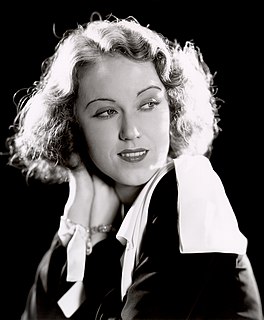A Quote by Lois McMaster Bujold
For a while, I thought I was going mad. At last, I became reconciled to my despair. The medications helped, too, I thought, sir.
Related Quotes
When I first told people I was writing a book, some would say that was interesting, but others thought it was some holiday project and I would lose interest. I think my parents thought the same thing, and they were surprised when I kept going. I'm not sure I thought I would keep going, but then it became a big part of my life.
Quietly Sophronia added, "And the soot on my dress, sir?" "I didn't see anything." Professor Braithwope smiled down at her, showing a small hint of fang. Sophronia grinned back. "I'm glad we understand each other, sir." The vampire looked out into the night. "This is the right finishing school for you, isn't it, whot?" "Yes sir, I think it might very well be." "A piece of advice, Miss Temminnick?" "Sir?" "It is a great skill to have friends in low places. They, too, have things to teach you." "Now, sir, I thought you didn't see any soot.
Ryerson helped me because I was around acting all the time. It was pretty much all I thought about, even if I didn't really get to practice every day; I definitely thought about it. Actually a lot of it was just sitting and watching, especially in my last year, but I think a good actor learns from everything.
Dialogue is really aimed at going into the whole thought process and changing the way the thought process occurs collectively. We haven't really paid much attention to thought as a process. We have engaged in thoughts, put we have only paid attention to the content, not to the process. Why does thought require attention? Everything requires attention, really. If we ran machines without paying attention to them, they would break down. Our thought, too, is a process, and it requires attention, otherwise its going to go wrong.
We don't have a clue what's really going down, we just kid ourselves that we're in control of our lives while a paper's thickness away things that would drive us mad if we thought about them for too long play with us, and move us around from room to room, and put us away at night when they're tired, or bored.
Perhaps I am too tame, too domestic a magician. But how does one work up a little madness? I meet with mad people every day in the street, but I never thought before to wonder how they got mad. Perhaps I should go wandering on lonely moors and barren shores. That is always a popular place for lunatics - in novels and plays at any rate. Perhaps wild England will make me mad.
It’s the end. It’s the end of the civilization. We’re going down. No, it’s sure not too attractive. Lenticels. I just hope my kids don’t live to see the last days. The things burning and people living in cellars. Violet. The only thing worse than the thought it may all come tumbling down is the thought that we may go on like this forever.
I started training wrestling in the pre-social media era and I was very cautious - I thought, 'I can't have people know my real last name.' So I changed my last name to End because I always called myself 'The End.' I thought that was cool. I thought I'd take my real first name and my 'fake' last name, and that's how I came up with Tommy End.
I did speak out about celebrities because I thought it was appalling. I thought that if the cartoon became popular, it was only going to last as long as the career of the people who are in it. They didn't make up timeless voices. They used their own. They brought nothing to the table, in other words. There was no alchemy. That's why a cartoon was so alluring, was that a human being went into a place and created this supernatural sound, or whatever sound it was supposed to be that was totally unlike their own, and did it in multiples.






































